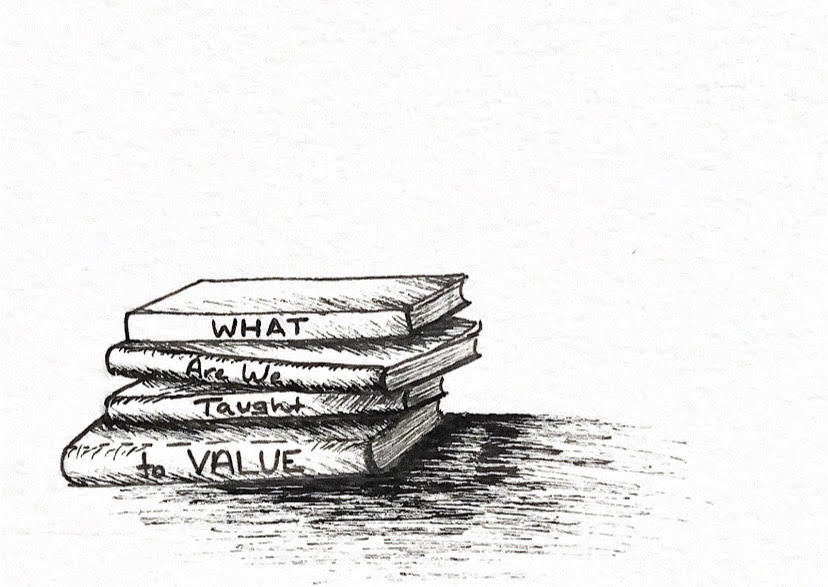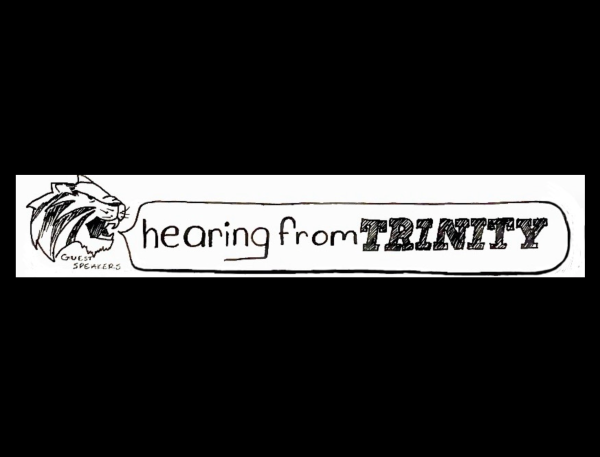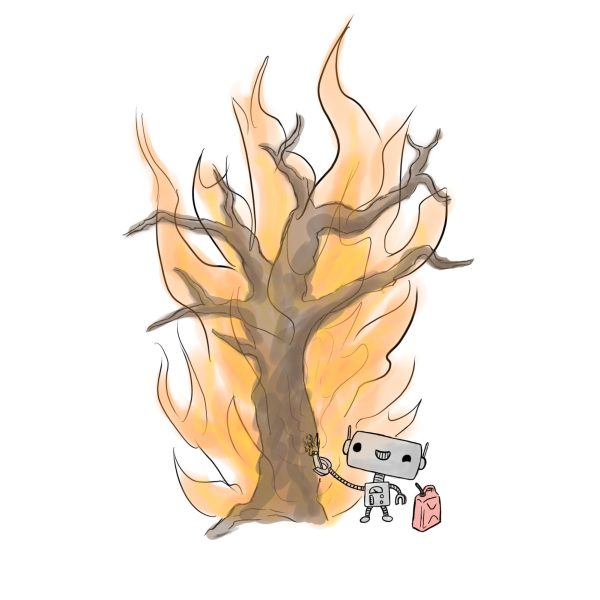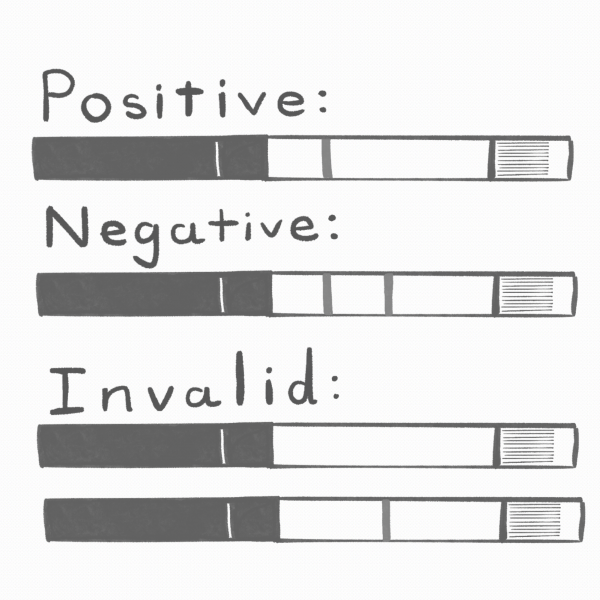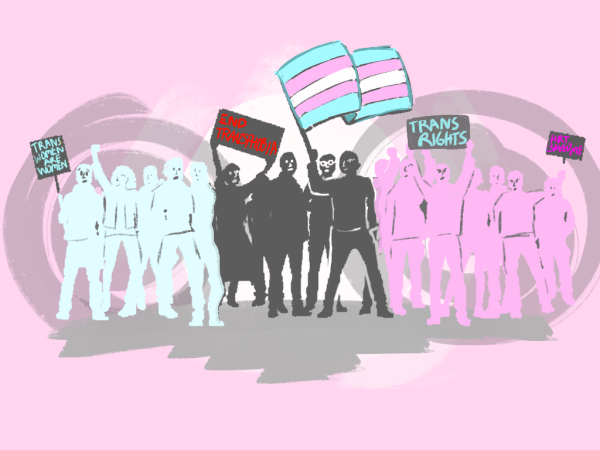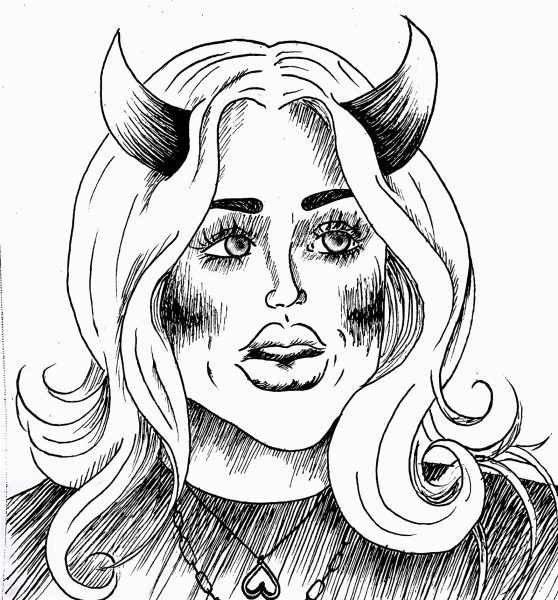Deconstructing the canon: Trinity’s English curriculum
When we think of the literary canon we gravitate toward classic, well-known voices like Virginia Woolf, Ernest Hemingway or William Butler Yeats. As an English student, I also catch myself subconsciously adhering to the notion that literature is only in the Western canon. But as a queer woman of color, I can’t lose myself in “idyllic” Western literature — I have to stay critical of the ways marginalized voices of the time are not represented.
The core courses for an English major revolve around British and American literature. To deem this English education as a comprehensive education in literature when the expansive works of literature of the Global South and Eastern world are left out is to rigidly restrict what is worthy of the title of literature.
Many students across universities have similar concerns with English collegiate education. Larger institutions have responded accordingly, adding diverse course listings within the English program or having other programs such as comparative literature and world literature. Here at Trinity University, a smaller liberal arts university, it is understandably difficult to staff enough professors to teach niche courses. Still, it’s a matter of what the English department values when creating a fruitful literature degree.
It’s not that the English program at Trinity University does not offer diverse course listings. In the past, there have been courses like African American Literature, World Literature and Animal Studies, and this upcoming spring there will be a Cosmopolitan Anglophone Fiction course and a Decolonizing Shakespeare course, among others. It is apparent the English department values diversity and inclusion, but the core curriculum remains centered around Western literature.
To get a degree in English at Trinity University, students must complete a core curriculum of four historical survey courses which revolve around British and American literature. Most diverse kinds of literature are found in post-1800 or upper-division elective courses. This degree structure ensures that the Eurocentric canon still remains the primary focus of an English literature degree. Otherworld literature and courses on marginalized voices are offered, but they remain peripheral to the core curriculum.
The future of Trinity’s English department is promising, and the current approach to teaching the curriculum attests to that. Although the courses at the core of the English major are of the Western canon, most English professors at Trinity are well-versed in educating students on matters of marginalization. If a student were to take Beginnings of American Literature with Claudia Stokes they could expect readings about the Puritans but also acknowledgments of Walt Whitman’s queerness and Anne Bradstreet’s ingenious approach to feminism. When David Rando, English professor, taught the Literary Methods course last spring, he taught major literary theories through Toni Morrison’s “Beloved” and Wole Soyinka’s “Death and the King’s Horseman,” two works by pivotal Black authors who challenge the white gaze.
How a course is taught is vital to any English program. It is important to acknowledge the violence caused by the spread of the English language and that literature is global. Many of the English professors at Trinity University actualize this responsibility through their selection of reading material and approaches to western-centric courses.
Betsy Tontiplaphol, chair of the English department, spoke on the values of the department and changes they are hoping to make to their curriculum.
Tontiplaphol acknowledges that the roots of the English language are problematic and that “literature is only by language,” alluding to the fact that many think of literature in English even when reading other languages in translation.
“[American literature] is not monolithic,” Tontiplaphol said. “We have to think about writers who are writing from a hyphenated perspective, such as Asian American literature, but also writers who represent a specialized culture but who resist hyphenation, being fundamentally different such as African American Literature … they are not African and American, they are an entity unto themselves.”
Through my conversation with Tontiplaphol, it was clear the English department has plans to broaden the curriculum towards diversity and rethink the core curriculum. There is even talk of changing the name of the program to read “Literature in English” to further represent cultures outside of Eurocentric literature that is often buried underneath Western texts.
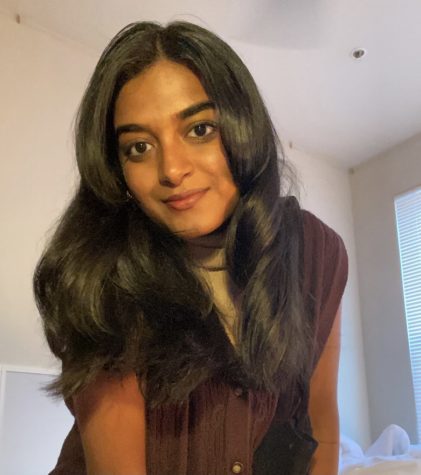
Hello! I am a junior English and Business major with a minor in creative writing. As an opinions columnist, I’m passionate about exploring anthropological...
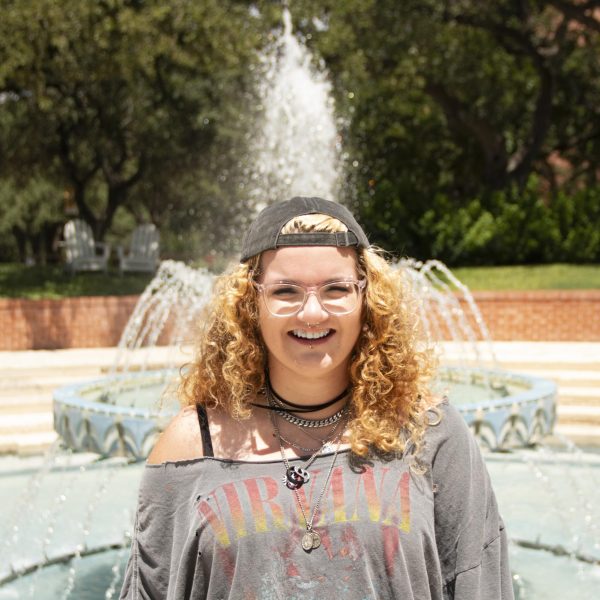
Whattup! My name is Skylar Savarin (she/her/hers), and I am the Visual section editor! I am a third-year double majoring in Human Communication and Art....

